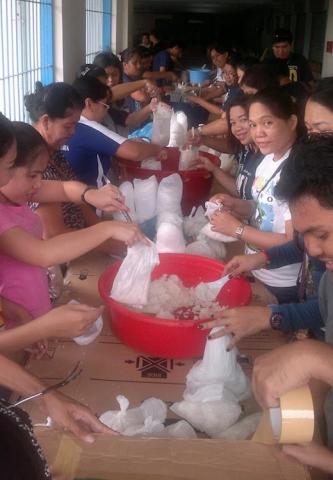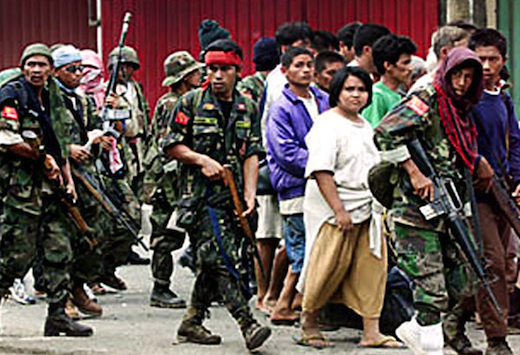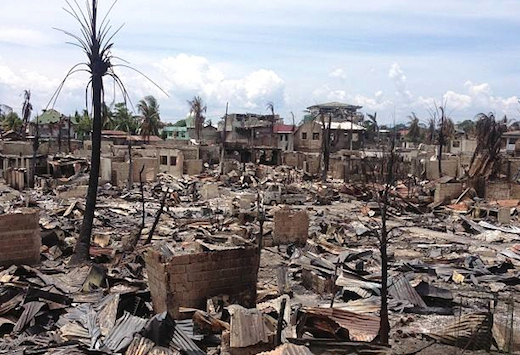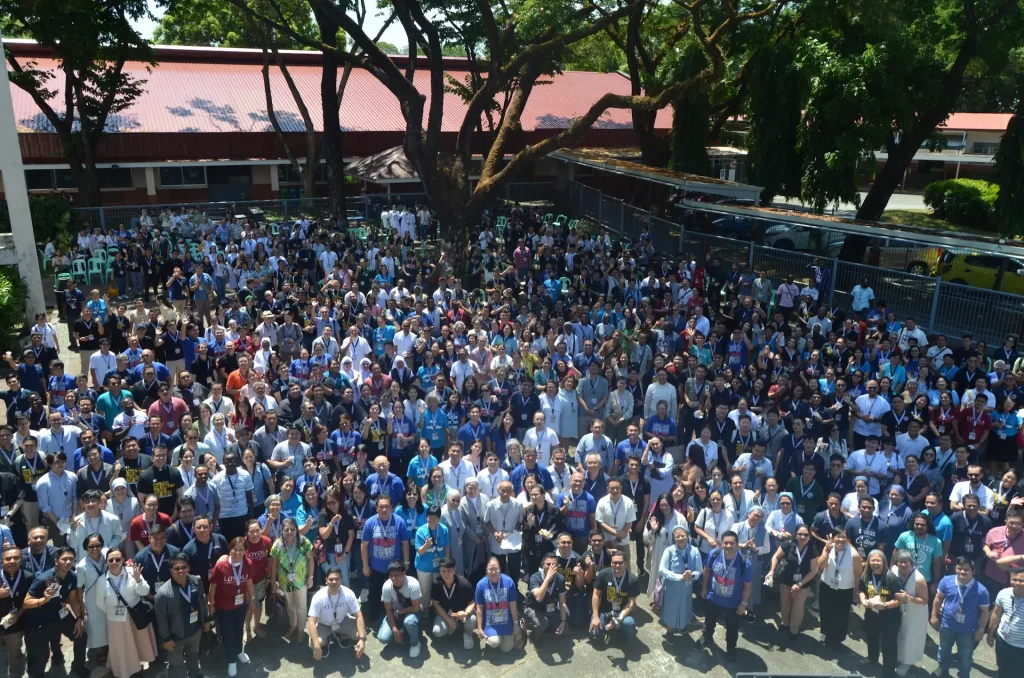The Jesuits in the Philippines have called for support for the people affected by the recent standoff between the Philippines government and a Muslim separatist group in Mindanao. In a letter dated September 13, Philippine Provincial Fr Antonio Moreno SJ said, “I strongly appeal to our Jesuit communities, ministries and partners in apostolates to pray for peace, perhaps organizing or joining prayer assemblies, initiating or participating in discussion groups and inter- faith initiatives that promote solidarity.”
Situated at the western tip of the island of Mindanao, Zamboanga City awoke at dawn on September 9 to the sound of sporadic gunfire. Within a matter of hours, a faction of the Moro National Liberation Front (MNLF) had besieged five barangays or communities in the city. Residents fled for safety but many were captured and held hostage. The government responded immediately with full military force and with no less than the President of the Philippines in command.
Although about 100 members of the rebel group have since surrendered, its leaders escaped, and exchanges of gunfire are still reported in the city. To date, the crisis has claimed about 100 lives, including those of civilians caught in the crossfire, and displaced more than 100,000 people.
The Society of Jesus has strong links with Mindanao, with a history on the island that goes back a century. The Jesuit university, Ateneo de Zamboanga University, marked its 100th anniversary last year, and prides itself of producing leaders including the current mayor of the city who was once a member of its faculty. Twenty percent of the university’s 7,000 students are Muslims.
In the first week of the crisis, the Ateneo community sprang into action, despite the university being relatively far from the communities occupied by the rebel group. Fr Wilfredo Samson SJ, Officer-In-Charge President, opened the gates of the campus to faculty, employees, students and their families who were affected by the skirmishes. The university also issued a public statement condemning the hostage taking and urging that peace talks continue.

Fr Moreno has also appealed for financial support for the efforts the Society is making to help the people of Zamboanga City. He said, “I especially endorse any assistance that can be provided to the efforts Ateneo de Zamboanga University is making to serve those suffering in the wake of this standoff.” The Philippine government has estimated that 4 billion pesos (US$93 million) will be needed for the rehabilitation of Zamboanga city.
In the end, however, more than physical reconstruction of the city is needed. A societal or communal reengineering is needed for lasting peace to be forged in Mindanao. “That would certainly be the mandate and the work of the University from hereon,” says Fr Karel San Juan SJ, the incoming president of Ateneo de Zamboanga University.
If you wish to make a cash donation, please visit the Ateneo de Zamboanga University website at www.adzu.edu.ph or contact jcapsj@jcapsj.org.








